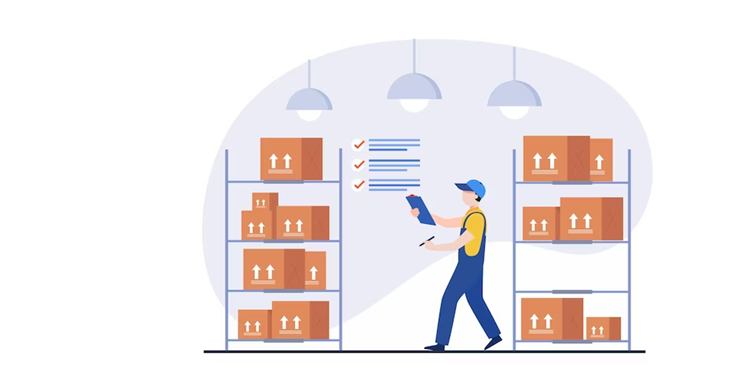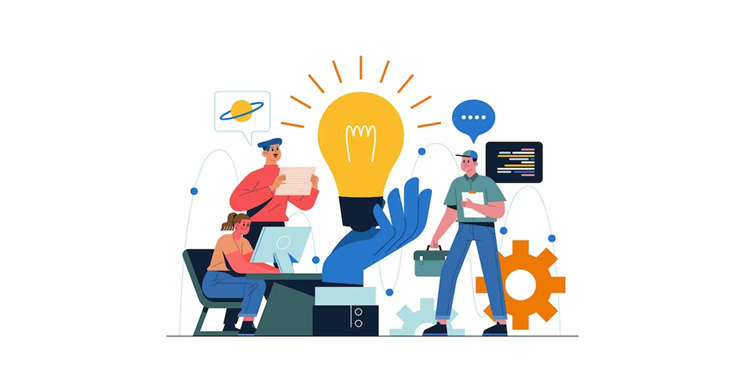1. Benefits of Employee Recognition: Employee recognition boosts engagement, fosters a positive organizational culture, enhances retention, aligns with corporate values, and improves productivity, innovation, and morale.
2. Impact on Employer Brand: Effective recognition programs enhance an organization’s employer brand, attracting top talent and promoting positive word-of-mouth from satisfied employees.
3. Strategic Importance: Employee recognition is vital for business success; organizations should develop programs tailored to their objectives and workforce needs.
4. Critical Elements for Effective Recognition Programs: Successful programs should have clear criteria, be timely, align with business objectives, offer varied rewards, be well-planned, and focus on the overall employee experience.
One of the critical challenges for organizations today is attracting and retaining high-performing employees in the face of tough competition for talent. As most organizations look for strategies to drive employee motivation and satisfaction, they need to understand the importance of employee recognition.

Employee recognition can be defined simply as a set of practices adopted by an organization to acknowledge the efforts of their employees and value their contributions.
Such programs will likely positively impact employee motivation, productivity, and performance.

Hence, experts believe that employee rewards and recognition programs should be integral to the HR strategy of organizations.
Studies show that over 65% of employees do not feel recognized at work
Employee recognition can have a positive impact in various ways for an organization.
Here are a few of the critical areas of impact:
1. Employee Engagement
2. Positive Organizational Culture
3. Employee Retention
4. Alignment with Corporate Values
5. Productivity and Efficiency
6. Innovation
7. Employer Brand Value
8. Employee Morale and Confidence


Timely recognition ensures employees attach greater meaning and value to their everyday tasks.
Hence, recognition makes them more engaged and take a greater interest in various organizational activities as they make an effort to contribute positively to the same.

Recognition can contribute to the workplace culture by driving greater satisfaction among employees.
So this, in turn, can lead to a more cordial and collaborative work environment.
Read Employee Recognition Program Can Drive Cultural Change

Recognition can drive higher levels of employee satisfaction and positive work culture.
Hence, such employees might be less interested in seeking alternate employment options.
Also read: Impact of Employee Rewards and Recognition on Retention

Also, recognition can play an important role in reinforcing a company’s core values.
Hence, organizations can align the workforce to their corporate values by recognizing specific behaviors and achievements.

Employee recognition can lead to higher motivation, commitment, and ownership among employees.
Hence, this, in turn, can lead to greater business productivity and profitability.

Recognition can motivate employees to higher levels of engagement and ownership.
So, employees feel motivated to ‘give back’ to the organization that has valued their contributions.
Hence, recognition can lead to greater innovation and process improvement.

Organizations with well-developed employee recognition programs are likely to have an edge in the talent competition.
Hence, potential candidates get the assurance that the organization values the contribution of its employees.
Satisfied employees are more likely to spread positive word-of-mouth about their organization and refer their friends for open positions.

Recognizing employees for their efforts and achievements, especially during challenging times boosts their morale and confidence.
Therefore, employees feel assured that they align with the organization’s business objectives.
Also read: Importance of Employee Recognition during difficult times
Organizations need to implement effective employee rewards and recognition programs tailored to the needs of their business and their workforce.
While the exact design of a program would depend on the organization’s industry, business objectives, and workforce profile, certain common factors ensure the effectiveness of such programs across organizations.
Here are a few:
1. Clearly-defined Criteria
2. Timely
3. Aligned with Business Objectives
4. Varied Enough to Maximize Coverage
5. Properly Planned and Implemented
6. Focus on Employee Experience


For any recognition program to be successful, it should be based on clearly defined criteria.
Hence, this helps set realistic employee expectations, promote desirable behavior and performance, and ensure the program’s transparency and credibility.

‘Recognition delayed is recognition denied.’ Any recognition loses its impact if not offered at the right time.
Hence, prompt recognition is key to the success of a recognition program.

Also, organizations need to make sure that their rewards and recognition programs are well-integrated with their key business objectives.
So, it provides a sense of direction to the employees and motivates them to take the right actions to fulfill these objectives.

The employee recognition programs should offer sufficient opportunities for all workforce members to perform and be recognized.
Hence, these programs should have different types of rewards and recognition, targeted at different groups of employees.
Also read: Comprehensive Guide to Different Types of Employee Awards

An employee recognition program’s success in any organization depends on how well it is planned and implemented.
The impact of the program needs to be tracked properly and course corrections must be done from time to time as required.
Also read: A Step-by-Step Guide on How to Set up an Employee Recognition Program

Employee experience is a critical factor determining the success of any recognition program.
The use of employee recognition technology platforms can help streamline the processes and enhance the employee experience.
Hence, regular feedback from employees must be captured and acted upon to keep the program on track.
Also read: Technology Drives Successful Employee Recognition Programs
Organizations need to clearly understand the importance of employee recognition for their business success. They need to develop effective programs that are aligned with their business objectives and the needs of their workforce.

Lead author: Sagar Chaudhuri, the Co-Founder and CEO of HiFives. He is an HR Tech Evangelist with over 25 years of corporate and entrepreneurship experience. In the past, Sagar has worked in leadership roles with companies such as Genpact, Infosys, and ICICI Bank. He has an engineering degree from IIT Kharagpur and an MBA from IIM Lucknow. Connect on LinkedIn
To stay updated on the latest HiFives blogs, follow us on Twitter (@MyHiFives)